Book a Demo



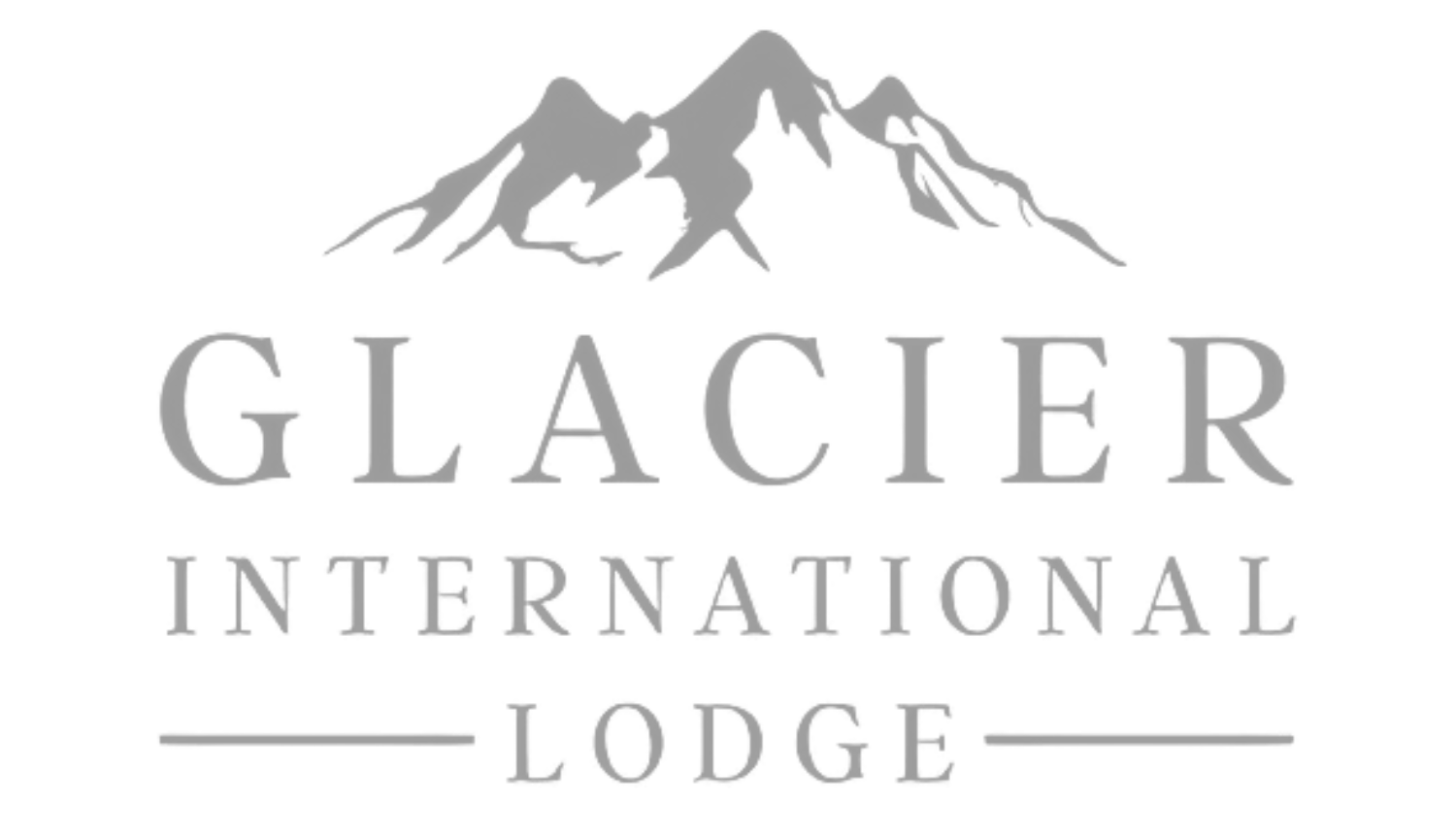
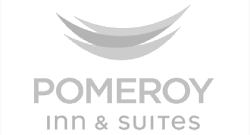




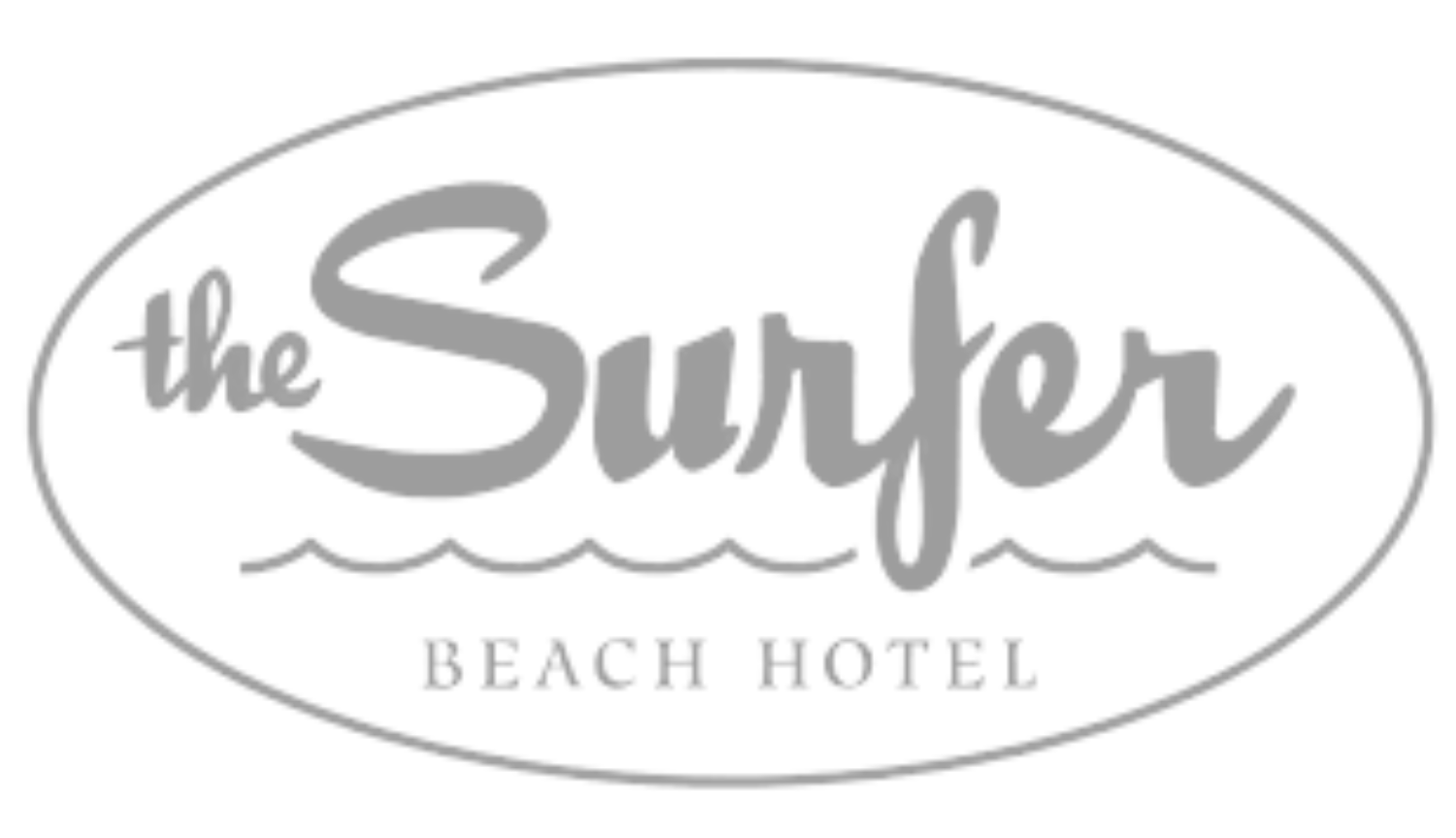










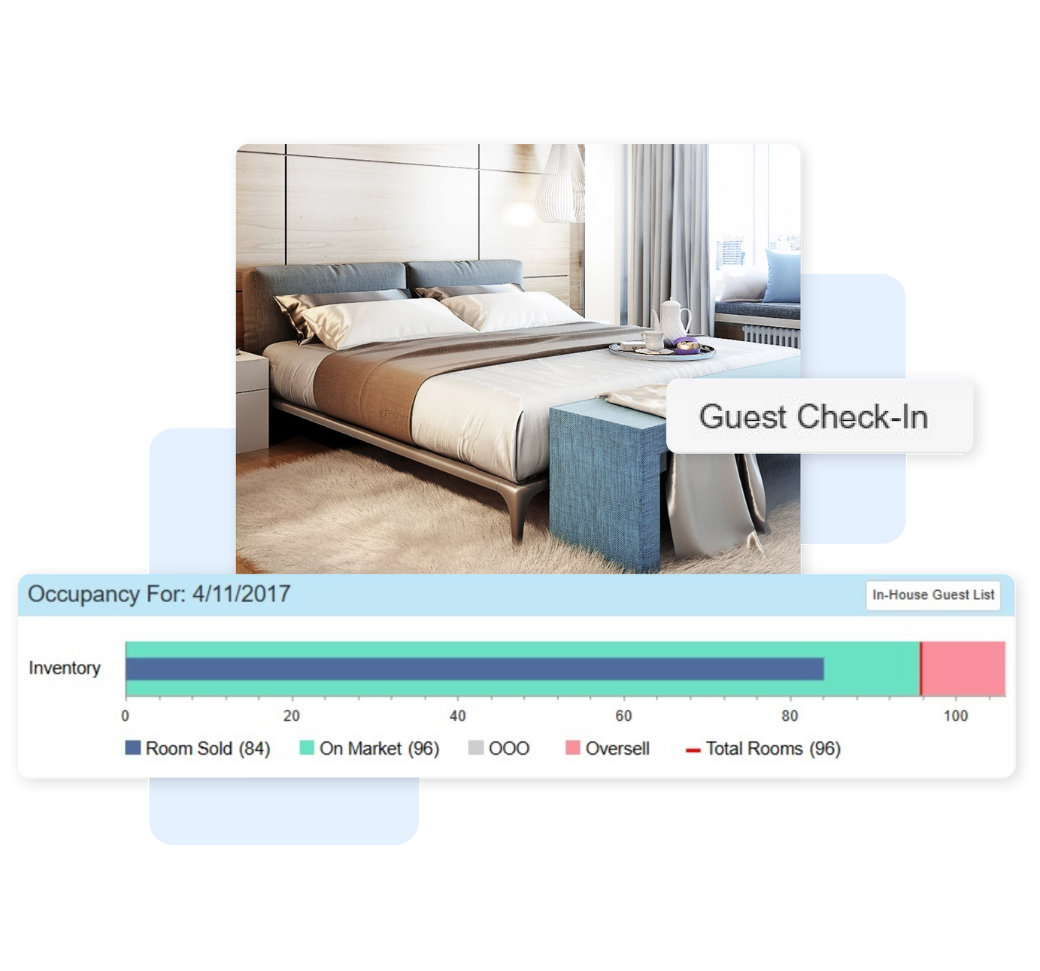
True cloud-native solution for independent hotels, management companies, chain hotels, and extended stay.
Take control of reservations, revenue, and operations to make informed decisions.
With our modern technology, industry-leading stability, and intuitive user interface – you can rely on Jonas Chorum to manage hotel operations.
We are more than just a property management software provider. Jonas Chorum offers mobility, contactless solutions, a central reservation system, offline capabilities and more.
With a clean, intuitive, and streamlined design, Chorum PMS offers a seamless user experience that is remarkably easy to learn, allowing properties to focus on their guests.
With 98% of clients choosing to stay with Jonas Chorum year after year, it is easy to see why we are one of the fastest growing property management systems in North America.
Our commitment to the success of our clients extends beyond the initial sale. We are here to help you manage your hotel operations and ensure your property is fully functional.
With 24/7 support, a dedicated client relationship team, and input on the development roadmap, Jonas Chorum treats each client like a person and not just another number.
Whether you are a large hotel chain, management company, or small-medium independent property, Chorum PMS was designed to adapt and scale to the needs of your business.

Run your hotel with less stress. Onboard new staff fast, check in faster, and stay in control. Our true cloud hotel PMS is truly robust, with features that streamline operations across every department. Drive revenue at every stage of the guest journey with deep integrations across your tech stack.
Seamless arrival and departure
Smarter, personalized service and upsells
Deep integration across departments and the technology that powers them
Your staff need intuitive technology. Jonas Chorum’s technology takes fewer clicks to accomplish basic tasks, has more reliable and up-to-date data, taking just hours to train, not days. From front desk, housekeeping, back office and sales—every department loves Chorum PMS:
Simpler processes for everyday tasks
On-the-go functionality for real-time updates
Robust reporting and data


Switch to a PMS that works as hard as you do. Simply staff turnover with intuitive technology that is easy to train and easy to drive revenue at every check-in. Better technology means you can focus on your guests and your bottom line:
Robust rate optimization tools
Promote and incentivize up-sells and upgrades
Reliable up-time, system updates, and maintenance
We’re committed to providing personalized service at every touchpoint, & that starts with our people. Our team is a collection of passionate, collaborative and driven individuals who are dedicated to serving the hospitality industry.
Here’s how Jonas Chorum is transforming stays, empowering teams, and driving hotel success.

stayAPT Suites: Easy to Use, Yet Powerful Software Designed to Scale With Their Business
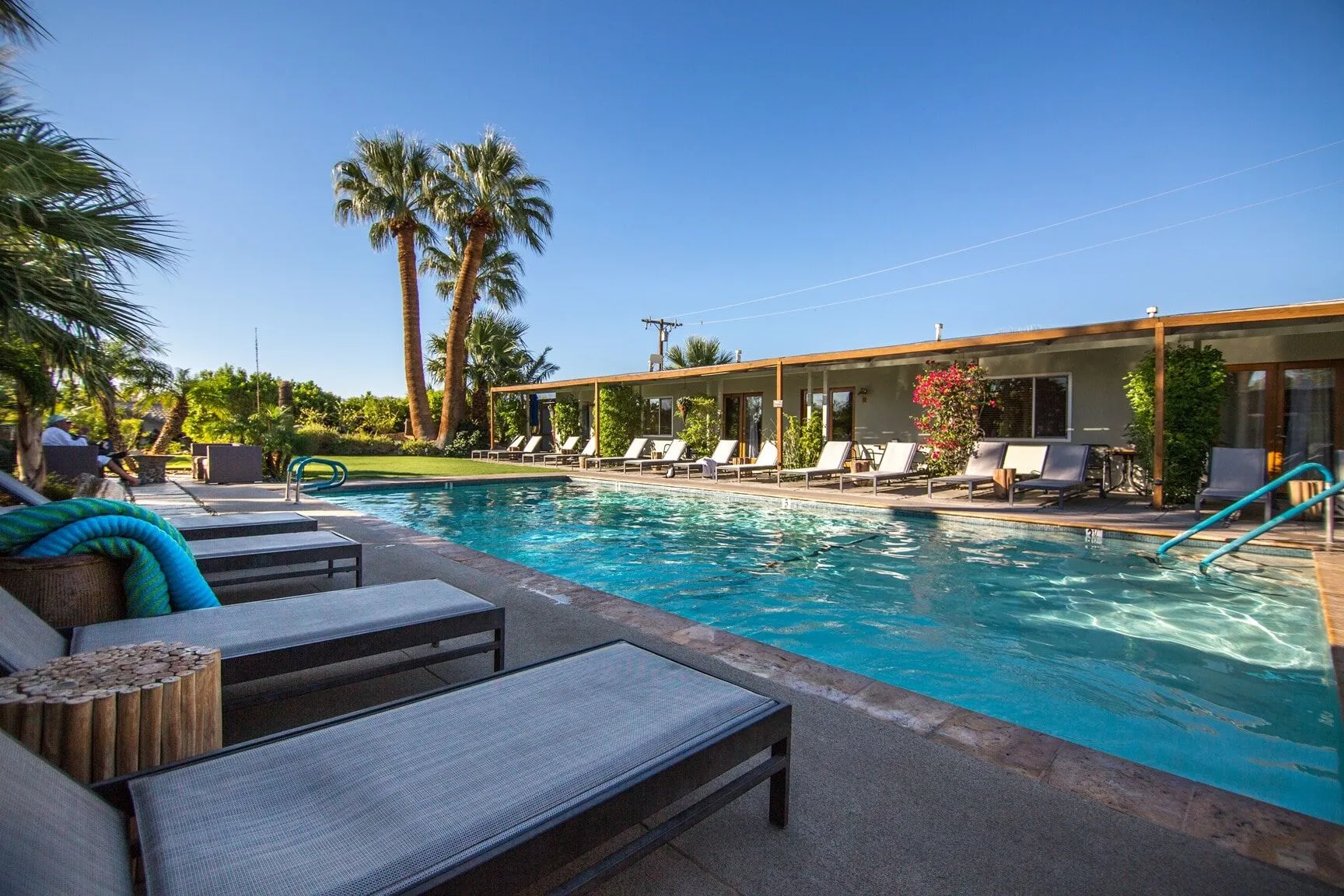
The Spring Resort & Spa Relies on Chorum PMS for better Revenue Management, Support & Operations

Dayton House Resort Selects Chorum PMS to Improve Operations and Efficiency